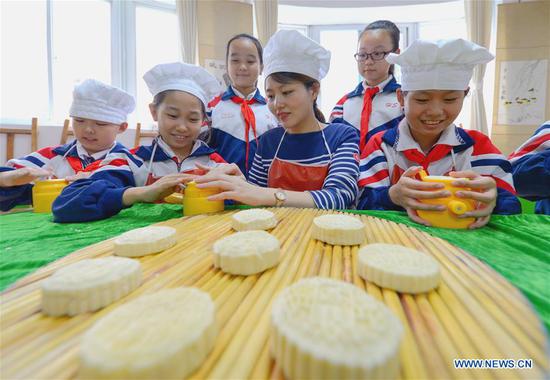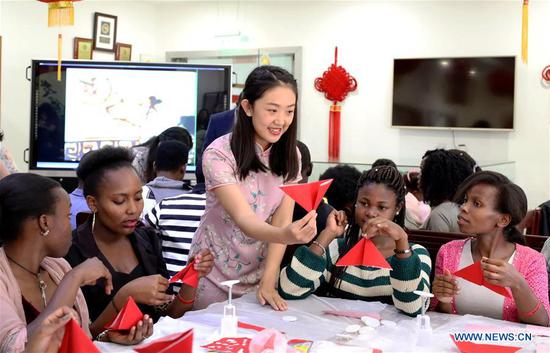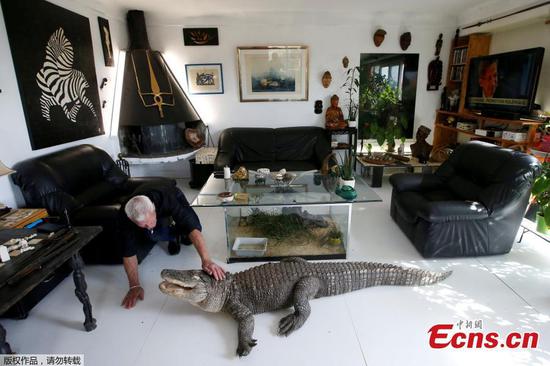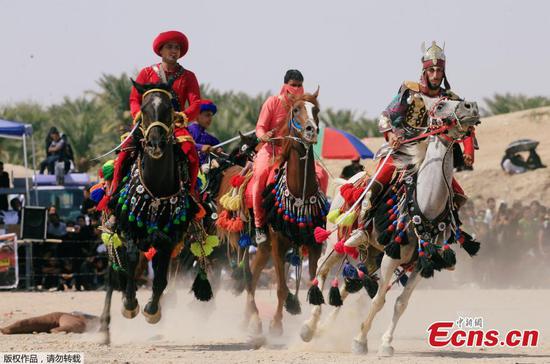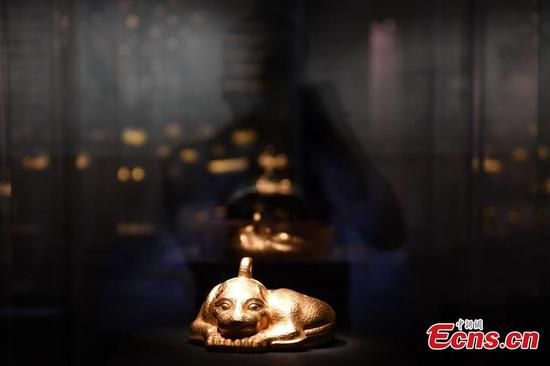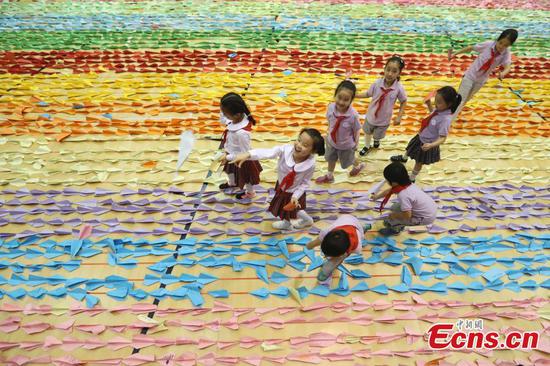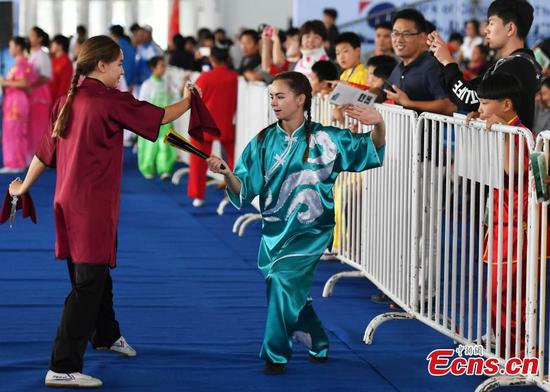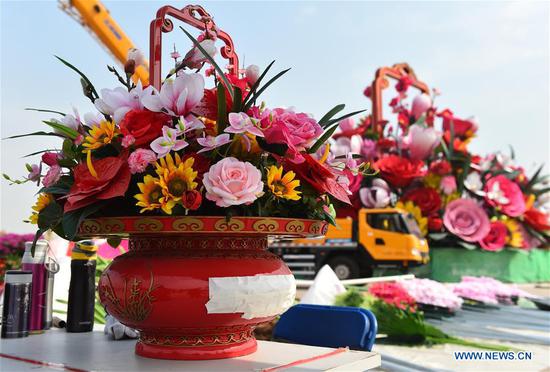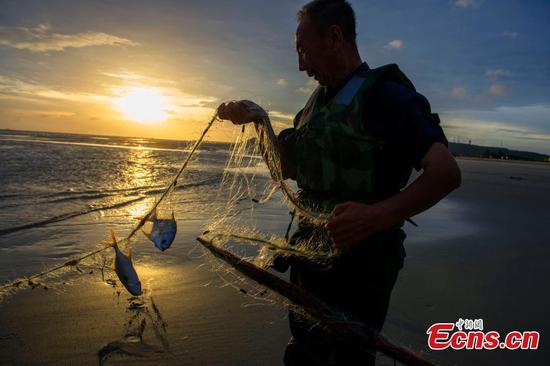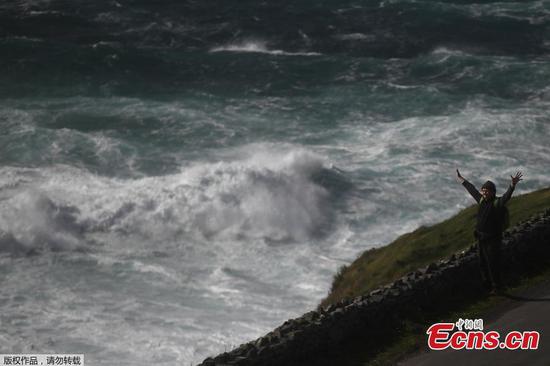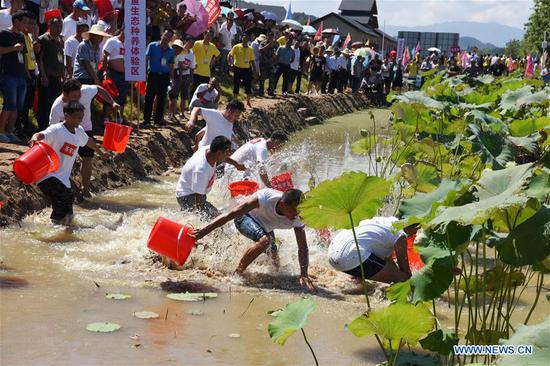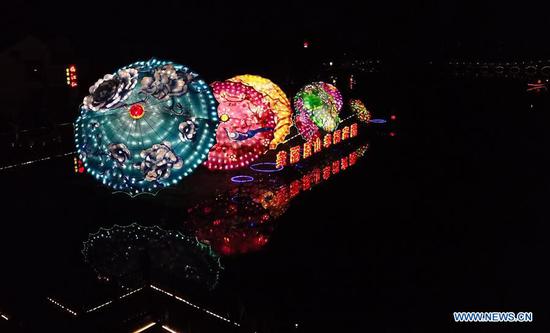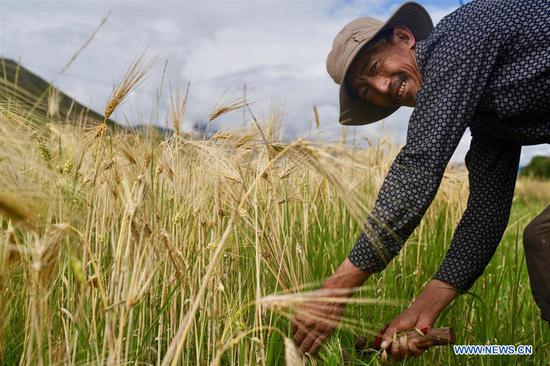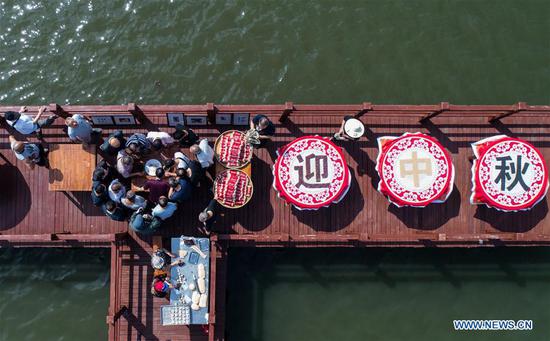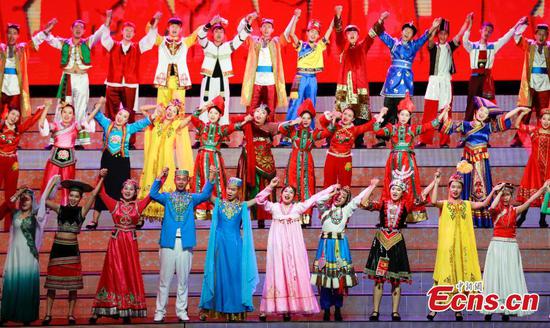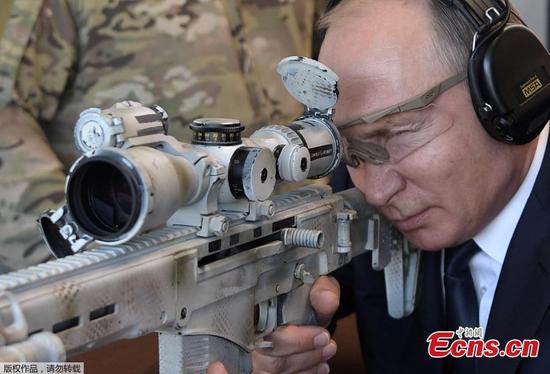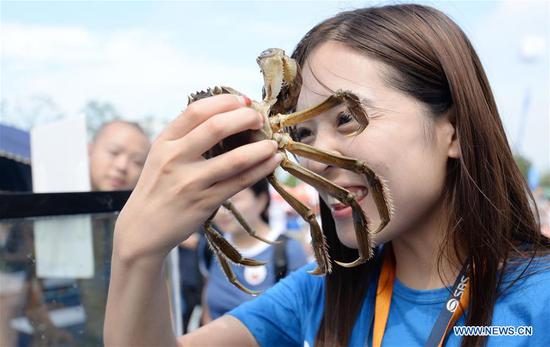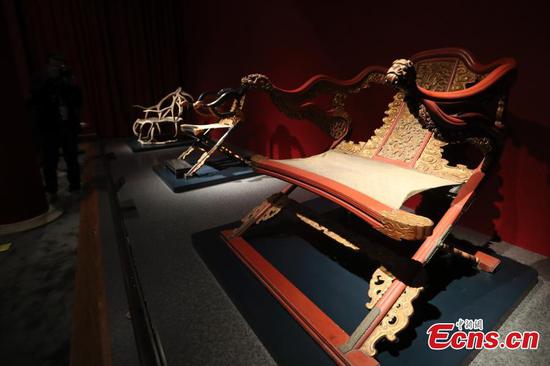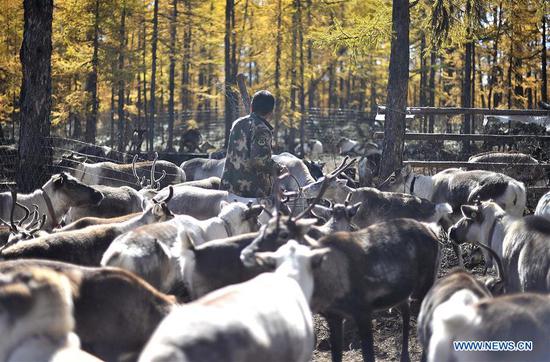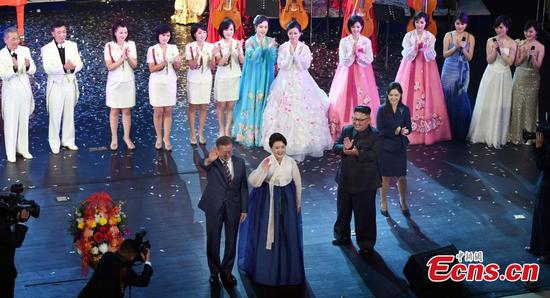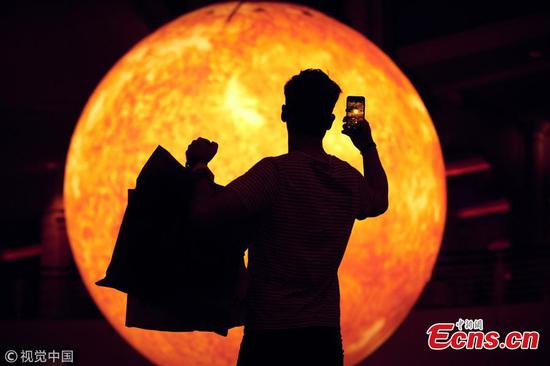A retired village teacher and a film director from China will be honored by a U.S. comfort women organization for their painstaking efforts to seek justice for those women.
Zhang Shuangbing, a retired elementary school teacher in Shanxi Province in northern China, and Zhang Yueping, director of the film Great Cold, are currently visiting San Francisco at the invitation of the Comfort Women Justice Coalition (CWJC), a San Francisco-based advocacy group consisting of more than 30 multi-ethnic community organizations.
The CWJC will present the award at a rally on Saturday to celebrate the first anniversary of the installment of a comfort women memorial in the city.
Zhang Shuangbing, 65, is called "China's first comfort women researcher" because he started interviewing comfort women survivors when he was 29 in 1982.
In the past 36 years, he has talked to between 300 and 400 comfort women survivors, mostly in Shanxi province, and 127 of them agreed to come out of shadow and tell their heart-wrenching stories.
He also helped 16 of the comfort women victims to sue the Japanese government in the past 16 years. Without money or other resources, Zhang solely relied on sponsorships.
Though they lost the lawsuit, Zhang said he would continue the fight until the Japanese government lowers its head and formally apologizes for their wartime atrocities.
"He used 36 years of time to get to know each and every one of the 127 comfort women survivors. He persuaded them to tell their stories, to put themselves out to file a complaint against the Japan government," said Julie Tang, co-chair of the CWJC, at a press conference on Thursday.
"So that's why even in the faraway America, when we hear about it, we are so touched. We want to bring them here to meet them personally and let them tell their side of story to non-Chinese people," she said.
All of the 127 women Zhang had interviewed were no longer alive with the last one, Cao Heimao, passing away in August at the age of 97.
Cao was also the real-life figure of a lead character of the film Great Cold, which was released in China in January. The film tells the plight of the former comfort women, the misery inflicted on the victims and Japan's refusal to face up to its wartime past.
"We have seen a lot of South Korean movies (on comfort women), some Filipino movies, but this is one of the first movies made of Chinese comfort women," said Tang.
The film will be screened following the rally on Saturday and the film director will answer questions from the audience.
"This information is highly valuable to our movement, highly unique to our experience of what comfort women history is about. They have so much to offer to us by taking this trip here," Tang said.
"Whatever we take to sponsor them is a drop in the bucket compared to what they can offer to us and how they can inspire us," she added.









